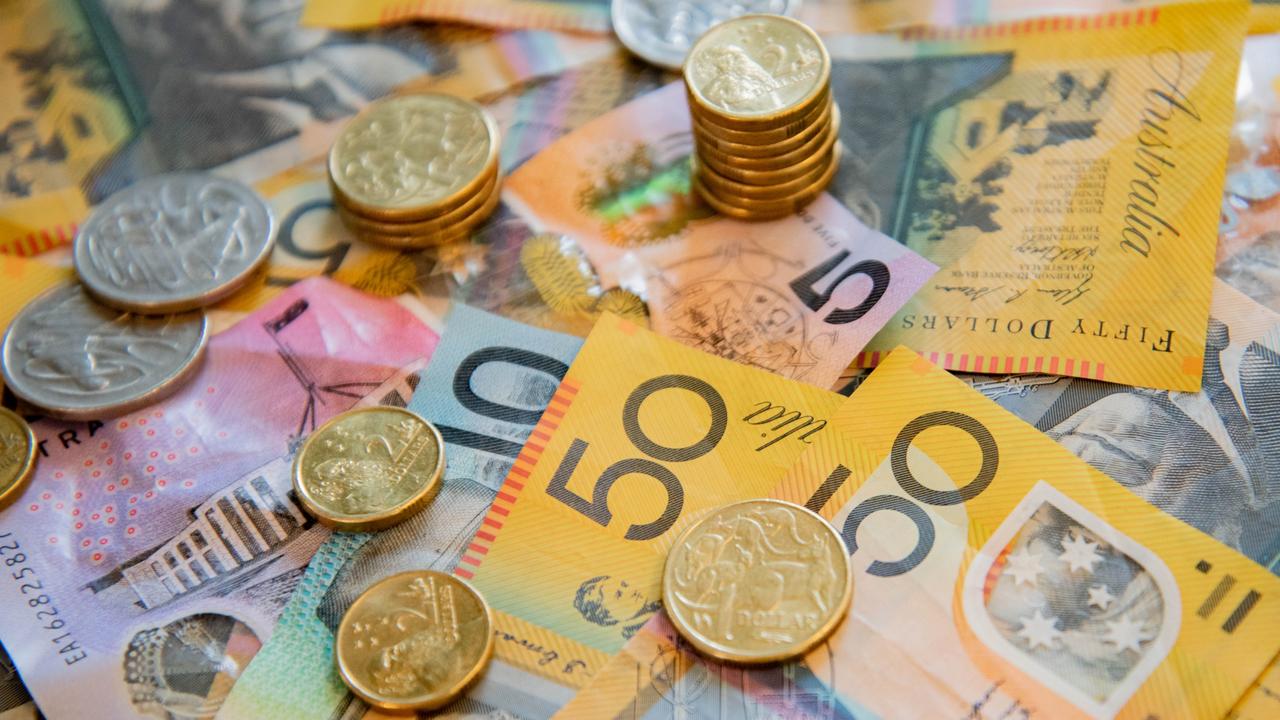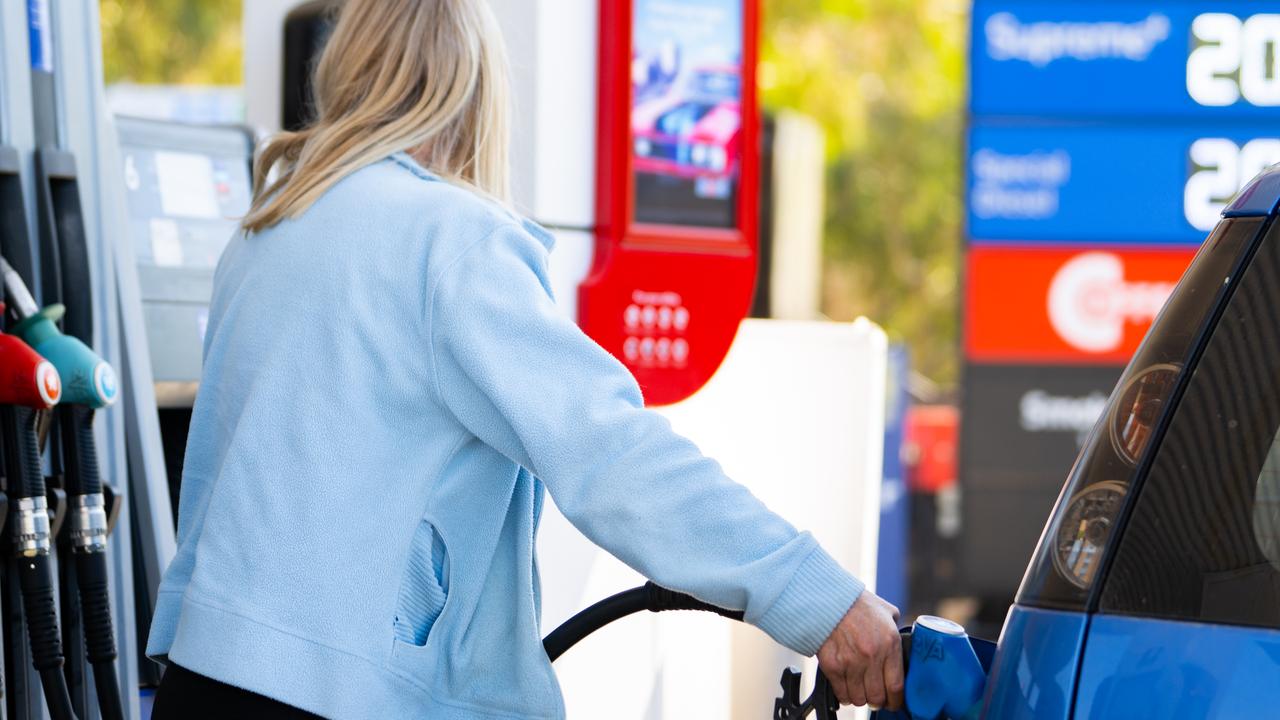New research has revealed nine out of 10 Aussies say they are struggling to manage their household budgets amid the rising cost of living.
A survey by consumer group Choice found 90 per cent of more than 1000 participating households said their bills had increased since 2021 – with the biggest financial burdens health insurance and utilities.
Choice editor Marg Rafferty said almost all Aussie households were feeling the pressure of price rises, with the report highlighting how difficult it’s become to manage the household budget.
“Among the biggest financial burdens, the research found, was health insurance and utilities,” she said.
“Cost of living pressures continue to be a major issue for Australians.”
Almost three in five respondents reported concerns about their disposable income, with pulse data revealing 23 per cent of households are struggling to get by, which is up from 18 per cent in June last year.
Ms Rafferty offered advice to Australians struggling to keep up with their bills, saying “there’s a chance you could be getting a better deal elsewhere”.
“Our research shows you can save up to $935 a year on hospital cover by switching to a similar policy with a different provider.” she said.
“It always helps to spend some time comparing what’s on the market.”
According to the Australian Bureau of Statistics, household spending in June was up more than 10 per cent compared with the same time period last year.
But household bill hikes are not the only thing Aussies are spending their money on, with residents feeling the pinch of an additional 15 per cent increase on services and 5 per cent rise on goods.
The monthly figures, which were released on Tuesday, revealed both discretionary and non-discretionary spending increased following an inflation rate of 6.1 per cent.
Non-essential costs rose by 10.8 per cent, driven by spending in recreation and cultural activities, while essential spending rose by 9.8 per cent, due to the rising cost of transport.
The most significant area of spending was on transport, up 22.7 per cent, driven by higher oil prices due to the ongoing war in Ukraine and the demand for air travel.
Spending at hospitality businesses like hotels, cafes and restaurants was up 17.1 per cent in what is viewed as a positive return to pre-pandemic levels.
There was also strong growth in spending on clothing and footwear – up 16.3 per cent, as well as a 15.5 per cent increase in recreation and culture.
Jacqui Vitas, from the Australia Bureau of Statistics, said June marked the 16th consecutive month of through-the-year increases in total household spending.
“This was off the back of consistent decreases in total household spending from March 2020 to February 2021, as responses to Covid-19 were experienced across the country,” she said.
“Spending categories most impacted from Covid-19 responses – transport, hotels, cafes and restaurants, and clothing and footwear – have now returned to pre-pandemic levels.”
.

